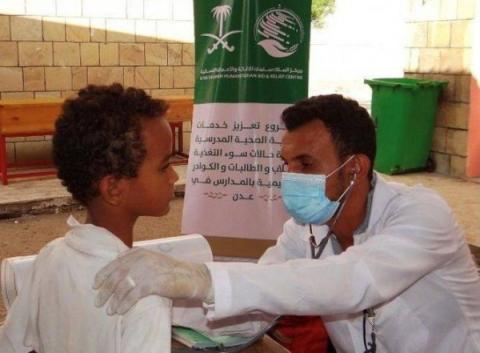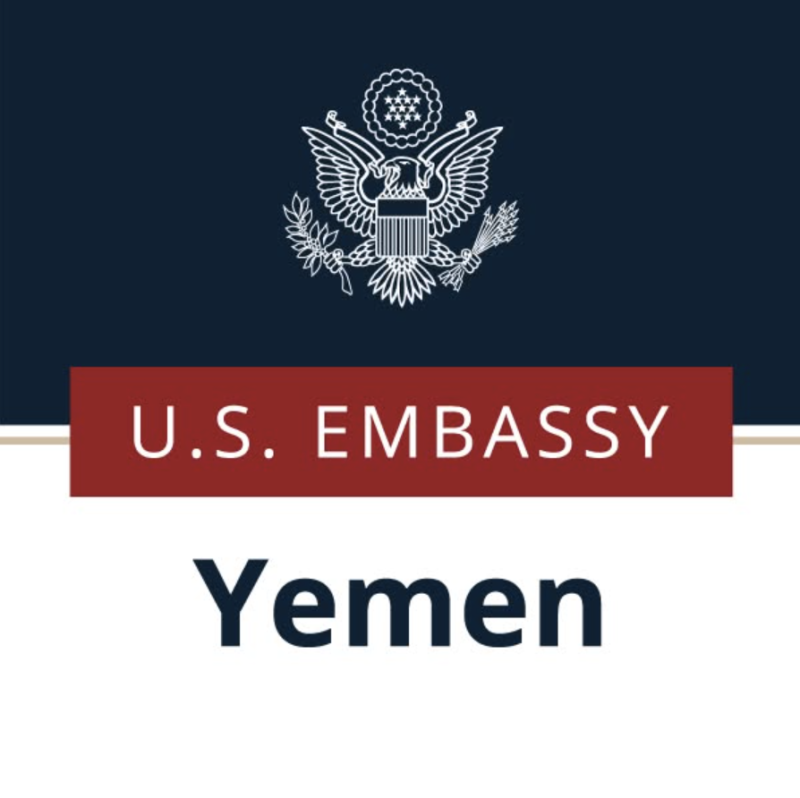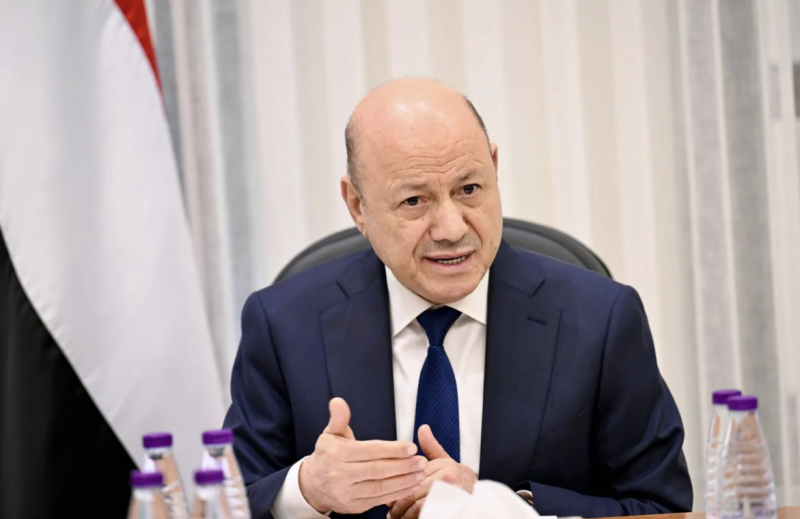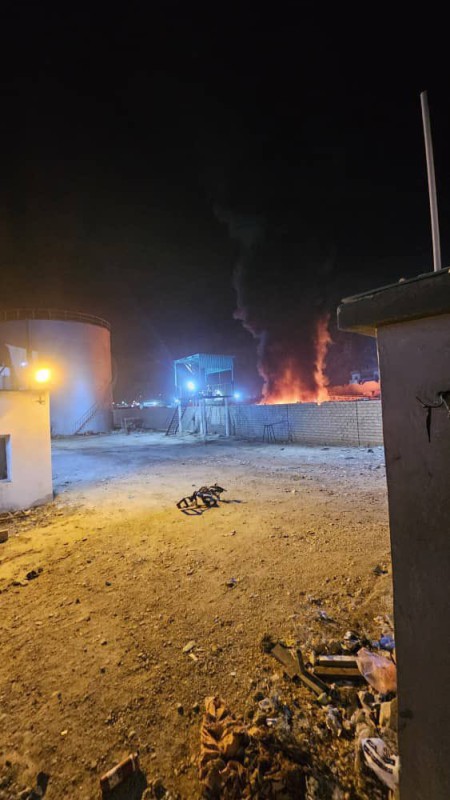1st LD Writethru: UN envoy expects joint declaration in Yemen within weeks


UN Special Envoy for Yemen Martin Griffiths on Thursday expressed the hope that a comprehensive joint declaration by the Yemeni parties will be signed within weeks.
Griffiths said he is continuing with the Yemeni parties on the text of a joint declaration, which includes a nationwide cease-fire, specific economic and humanitarian measures to improve the lives of Yemenis, and the resumption of the political process.
"My view is that we are getting closer and closer to eliminating the issues of contention, and we need to get it over the line. The Yemenis can't wait. We need to get it there," he told reporters in New York via a video link after his briefing to the Security Council.
"I think we need to get it over the line within weeks, not months," he said.
"I am always being criticized for making predictions and my colleagues are always telling me to be careful and they're quite right. But I think that is what we're looking at, and I say that because I know what the parties think of the specifics. And I know how we can bridge the gap between them and meet their aspirations. So it's weeks, not months. I hope, (within) this year."
The talks on a joint declaration started in March following UN Secretary-General Antonio Guterres' appeal for a cease-fire in Yemen.
Griffiths said he was not discouraged by the fact that the talks have taken seven months.
"It's a big agreement. It's got three big agenda items, and in the time of the pandemic. It's not surprising that it takes that long to come to a conclusion. But we are closing in."
Griffiths warned that the implementation of the nationwide cease-fire envisaged in the joint declaration will be challenging.
Managing a nationwide cease-fire in a country like Yemen, which has a lot of local conflicts, a lot of militias, questions of command and control, requires mechanisms, including civil society observation and monitoring, as well as the involvement of the parties, he said.
"I have quite a lot of confidence that a nationwide cease-fire, which would change the lives of everybody in Yemen, and in this case, the mechanism, which will be under the United Nations, will broadly work. But they never work perfectly," he said.
In managing a cease-fire, there is a need to prevent breaches that will bring the whole thing down, and to look at the broad strategic pattern rather than the individual incident, he said. "I think we're going to be able to do that. We got a lot of support from member states, also a lot of support from the parties' military -- in that I include, of course, the coalition."
A Saudi-led military coalition has been fighting Houthi rebels in Yemen since 2015.
Griffiths said a cease-fire alone will not bring peace in Yemen.
"So implementation is what we will look at: implementation of the cease-fire, implementation of the agreements on the airport, the ports, the roads and so forth -- that package of measures. And then -- and here's what we all want to get to -- is to launch that long-delayed political process."
What the joint declaration can hope to do is to end the "shooting wars," and to make life better for people in Yemen. But it doesn't create peace, he said.
"Peace is much more complicated, much more complex, will take longer, will require a very inclusive process in a way that is not quite so much the case with preparations for a cease-fire. So the joint declaration is one thing. But a political settlement is what we're gonna want to move ahead to as soon as we can thereafter."

Washington – The United States has voiced concern over recent developments in southeastern Yemen, stressing the importance of avoiding any st…

Riyadh --  Yemen’s Presidential Leadership Council Chairman, Rashad al-Alimi, announced on Tuesday a nationwide state of emergency, effe…

 Mukalla – The Saudi-led Arab Coalition has requested the immediate evacuation of civilians from Mukalla Port in Hadramout province.&nbs…